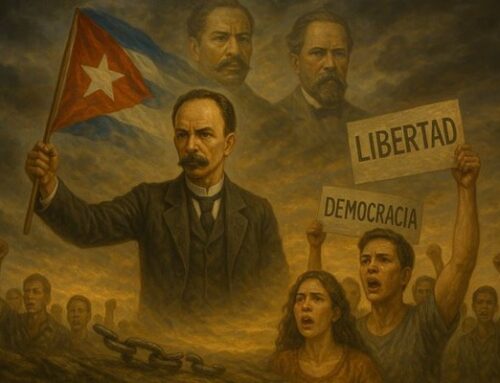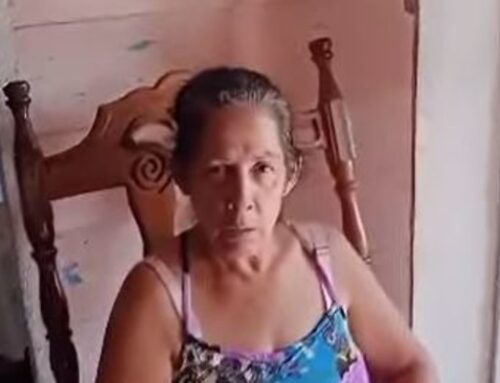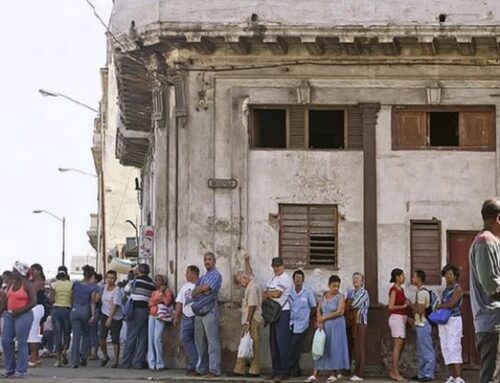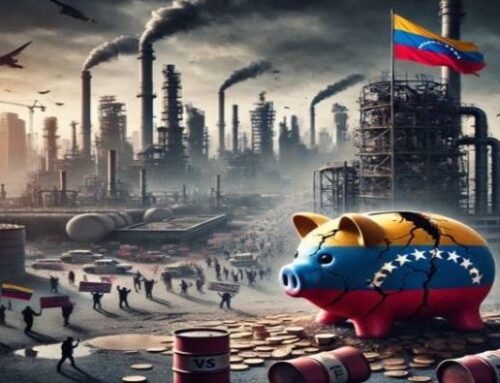In Cuba under the dictatorship, neither elections nor plebiscite!
Any of the two would give oxygen to castrism, now disguised as Díaz Canel. It means giving it the opportunity to recycle itself, to indefinitely continue in power. Why? Because castrism controls everything, the media, the economy, the monopoly of power and the courts. Under those circumstances, to hold a plebiscite or an election is foolish in the best of cases. In order to ask for the Cuban’s opinion, the people must be absolutely free to give it and that does not exist under a dictatorship where fear of the present and dread of tomorrow always prevail. These are the reasons why most of the international community does not accept, and actually rejects, the elections scheduled for May 20th in Venezuela. Read: “A qué le teme Nicolás Maduro”. For the same reasons neither elections nor a plebiscite can be promoted in Cuba: “first we emerge from the tyranny and then we vote.”
CID’s Proyecto de la Nueva República (New Republic Project), states the requirements for elections to be held in Cuba:
Conditions for change:
a) Establishment of a national salvation junta made up of civilians and military representatives with provisional government duties replacing the tyranny’s power.
b) A patriotic alliance of the Cuban people and the military, to facilitate transition toward a democratic and civilian society, with an open economy.
c) Freedom for all political prisoners and a general review of all cases.
d) Implementation of all public liberties inherent to the democratic system.
e) Immediate dismantling of repression forces.
f) Emergency provisions to guarantee public order and protect lives and property.
g) A call to national reconciliation. Justice must not be mistaken for revenge or impunity to commit violence.
h) A ban on all eviction procedures.
i) Respect of the right to private property and the freedom to hire.
j) Elimination of all discrimination measures against the Cuban people.
k) Elimination of arbitrary restrictions that prevent Cubans from freely entering and leaving the country, as well as the right to move within the national territory.
l) Respect of all rights established in the Universal Declaration of Human Rights.






Deja tu comentario